Leucine is an amino acid vital for muscle maintenance and blood sugar control. It’s found in many foods, such as eggs, seeds, oats, and legumes.
You’ve probably come across the essential amino acid leucine while checking out fitness supplements or researching blood sugar management.
Amino acids are the components that make up proteins. Some are synthesized by your body, while others must be supplied through food. Those that cannot be made internally are called essential amino acids.
Leucine belongs to the branched-chain amino acids (BCAAs), alongside valine and isoleucine, and plays a key role in muscle repair and growth. Adequate leucine intake may help prevent muscle loss in older adults.
Leucine also seems to aid blood sugar regulation, possibly by enhancing glucose uptake into cells and improving insulin function.
For most adults, current guidance suggests a minimum intake of 25 mg per pound (55 mg per kg) of body weight per day, which is about 4.4 grams daily for a 175-pound (80-kg) individual (, 7).
However, a newer World Health Organization analysis recommends 18 mg per pound (39 mg per kg) of body weight per day for healthy adults, equal to roughly 3.1 grams daily for a 175-pound (80-kg) person.
Thankfully, true deficiency in leucine is uncommon because many foods supply it. Below are 10 foods high in leucine.
1. Canned navy beans
A 1/3-cup (100-gram) portion of canned navy beans supplies about 0.7 grams of leucine.
They’re also rich in protein, fiber, and micronutrients such as folate and other B vitamins, manganese, iron, phosphorus, magnesium, and potassium.
Consuming navy beans has been linked to cardiovascular benefits and improvements in metabolic risk factors tied to obesity, including high blood pressure, cholesterol, and glucose levels.
They also contain phosphatidylserine, a lipid that may support cognitive functions such as memory, concentration, and communication.
Navy beans have a mild taste that pairs well with many dishes. Add them to soups and salads, marinate as a side, or blend into a creamy white bean dip for extra nutrients.
SUMMARYCanned navy beans provide 0.7 grams of leucine per 1/3-cup (100-gram) serving. They’re adaptable and easy to include in a variety of meals.
2. Cottage cheese
A 1/2-cup (100-gram) serving of 1% fat cottage cheese contains about 1.27 grams of leucine.
It also supplies high-quality protein, vitamin B12, and selenium.
Because cottage cheese is protein-rich, it can help control appetite and support weight loss efforts, and when combined with resistance exercise it may aid muscle gain.
Enjoy cottage cheese topped with fruit and nuts for breakfast, use it as a filling for stuffed pasta and lasagna, or serve it as a side with meals. It can even replace mayonnaise in sandwiches.
SUMMARYCottage cheese is a strong source of leucine, offering 1.27 grams per 1/2-cup (100-gram) serving. It also contributes protein, vitamin B12, and selenium and works in many recipes.
3. Sesame seeds
Two tablespoons (18 grams) of whole, dried sesame seeds provide roughly 0.25 grams of leucine.
These nutrient-packed seeds are a good source of fiber, protein, calcium, manganese, magnesium, zinc, and B vitamins.
They also contain bioactive compounds that research in humans and animals suggests may reduce inflammation, help control blood sugar, and lower cholesterol.
Sesame seeds are excellent in stir-fries, pasta, smoothies, or sprinkled on salads. You can also use tahini, the sesame-seed paste, in sauces and dressings.
SUMMARYThough small, sesame seeds pack micronutrients and about 0.25 grams of leucine in a 2-tablespoon (18-gram) serving.
4. Pumpkin seeds
A 1-ounce (28-gram) serving of dried pumpkin seeds contains about 0.7 grams of leucine.
Pumpkin seeds are rich in healthful plant compounds and nutrients like protein, fiber, unsaturated fats, phosphorus, magnesium, manganese, iron, zinc, and copper (21).
Regular seed consumption is linked to heart health benefits, largely due to their beneficial fats. Mix pumpkin seeds with chia, hemp, flax, sesame, and sunflower seeds for variety.
They’re tasty when roasted and seasoned, stirred into granola or trail mix, blended into pesto, or baked into breads and cookies.
SUMMARYDried pumpkin seeds supply 0.7 grams of leucine per 1-ounce (28-gram) serving and provide many vitamins and minerals that support wellbeing.
5. Eggs

One extra-large egg (about 56 grams) contains roughly 0.6 grams of leucine.
Eggs are also packed with protein, B vitamins, phosphorus, selenium, and choline, which is crucial for cellular and brain functions.
They contain the carotenoids lutein and zeaxanthin, which have antioxidant roles that protect eye health.
Hard-boiled eggs make convenient high-protein snacks. Use eggs in scrambles, baking, or as a component in many dishes.
SUMMARYAn extra-large egg supplies 0.6 grams of leucine, along with protein, B vitamins, and choline. They’re versatile and portable.
6. Hemp seeds
Three tablespoons (30 grams) of hulled hemp seeds deliver about 0.65 grams of leucine.
Hemp seeds are also rich in protein, fiber, manganese, vitamin E, and anti-inflammatory unsaturated fats.
Research in animals and humans suggests hemp seeds and their derivatives may ease arthritis symptoms and support digestive and cardiovascular health.
With a mild, nutty flavor, hemp seeds can be sprinkled on salads and pastas, mixed into smoothies, or used as a topping for desserts and yogurt.
SUMMARYHemp seeds are a versatile source of leucine, protein, and fiber. Three tablespoons (30 grams) provide about 0.65 grams of leucine.
7. Lentils
One cup (198 grams) of cooked lentils contains approximately 1.3 grams of leucine.
Lentils are high in fiber, antioxidants, protein, and plant compounds that may support heart and brain health.
They can be prepared similarly to beans—marinated as a side, added to soups and salads, or formed into veggie burger patties.
SUMMARYLentils are a flavorful and convenient plant-based protein source, providing 1.3 grams of leucine per cup (198 grams) plus additional healthful compounds.
8. Spirulina
Spirulina, a blue-green algae, is rich in protein, B vitamins, copper, and iron. It’s easy to add to green smoothies, juices, energy bites, or savory frozen treats.
Two tablespoons (14 grams) of dried spirulina contain about 0.69 grams of leucine.
Animal work suggests spirulina benefits the gut microbiota, and human studies indicate potential support for heart health and blood sugar control.
SUMMARYSpirulina provides leucine, protein, and several vitamins and minerals. Two tablespoons (14 grams) contain around 0.69 grams of leucine and can be used in smoothies or savory recipes.
9. Peanuts
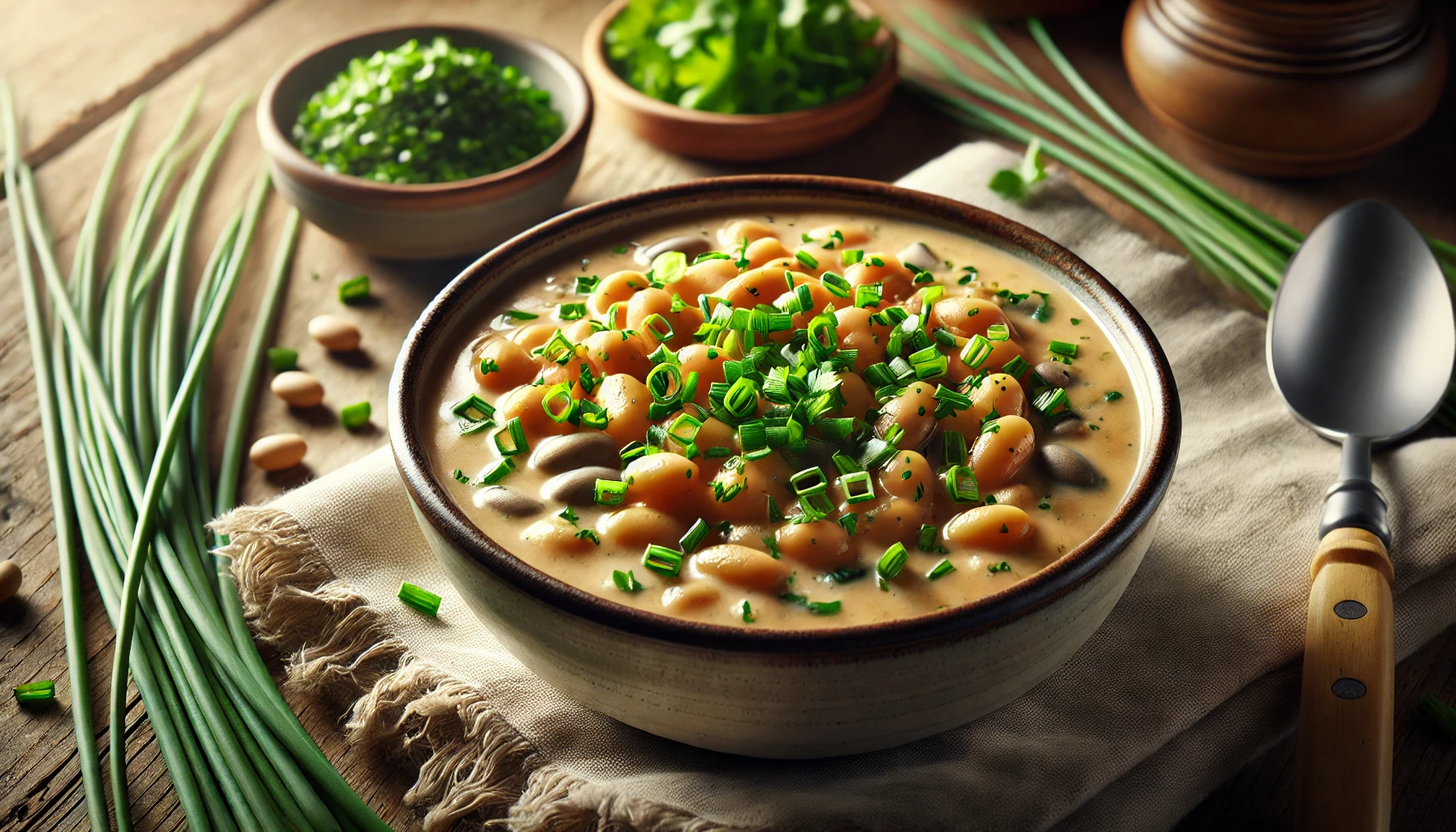
A 1-ounce (28-gram) portion of Spanish peanuts supplies about 0.5 grams of leucine.
Peanuts are rich in unsaturated fats, protein, and fiber, and regular consumption may help reduce heart disease risk in some groups.
They’re a tasty snack alone, and are also useful in dishes such as peanut noodles, soups, granola, energy balls, or homemade peanut butter.
SUMMARYPeanuts and peanut butter deliver healthy fats and protein plus approximately 0.5 grams of leucine per 1-ounce (28-gram) serving. Eating them regularly can support heart health.
10. Oats
One cup (234 grams) of cooked oats contains about 0.5 grams of leucine.
Oats provide more protein and fiber than most grains and contain beta-glucan, a soluble fiber linked to heart benefits.
Besides being the base for oatmeal, oats can be ground into flour for baking, blended into smoothies, or toasted for homemade granola.
SUMMARYOne cup (234 grams) of cooked oats supplies roughly 0.5 grams of leucine. Oats are also a good source of protein and heart-supporting soluble fiber.
The bottom line
Leucine is an essential branched-chain amino acid (BCAA) that’s particularly important for muscle repair and growth and cannot be synthesized by the body, so it must come from food.
Although leucine deficiency is uncommon, adequate intake supports blood sugar regulation and helps prevent muscle loss, especially in older adults.
Luckily, many nutritious, tasty foods—such as eggs, seeds, oats, legumes, and spirulina—contain leucine and are simple to include in your meals.

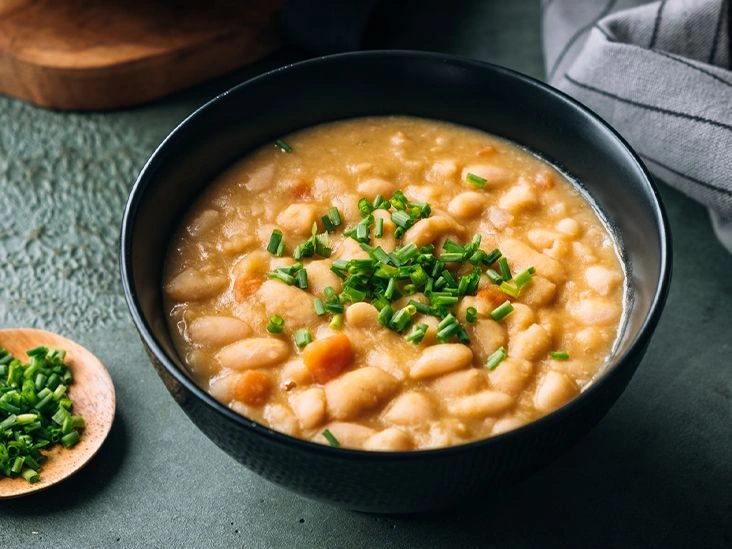



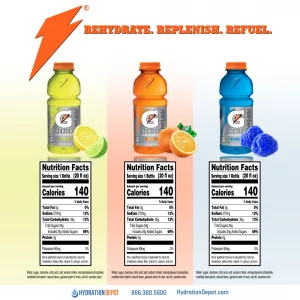


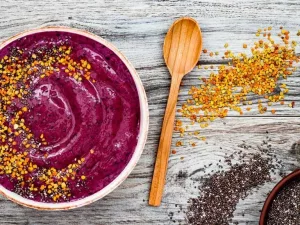









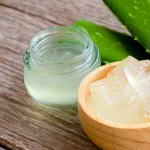






Leave a Reply
You must be logged in to post a comment.